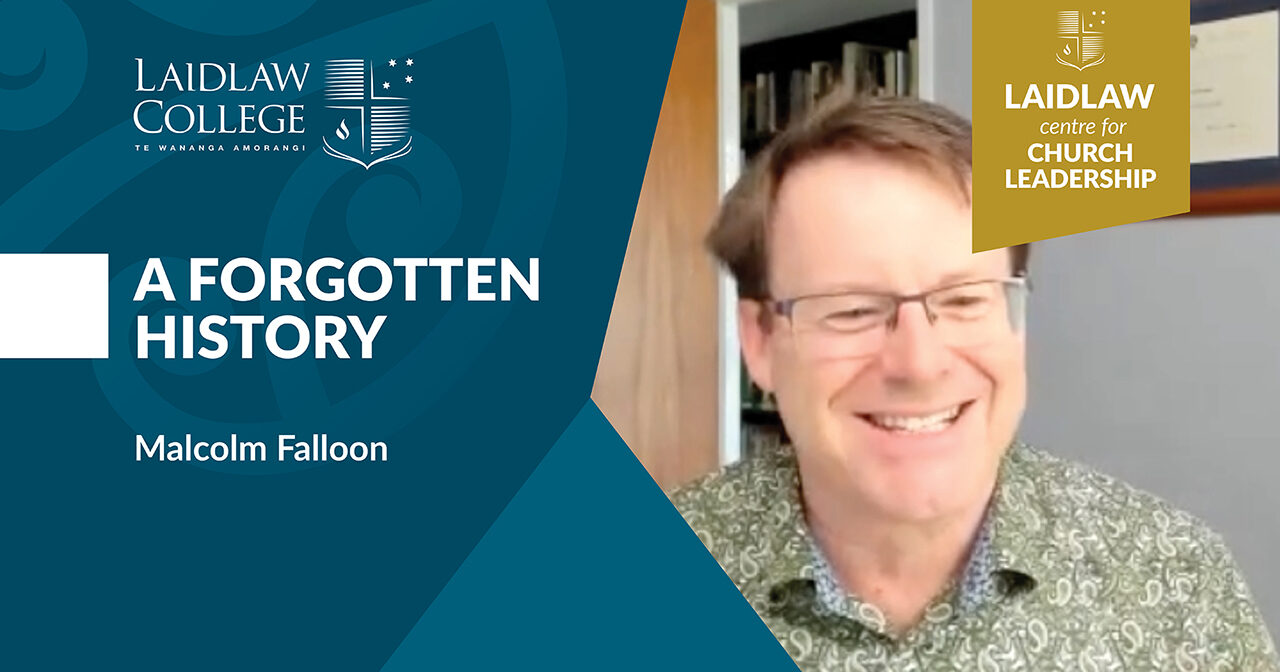Interview with Dr Malcolm Falloon - Forgotten History
Dr Rev Malcolm Falloon is an Anglican Vicar. He recently completed a PhD, researching how the gospel engaged Māori and in what followed—their extraordinary response to Christianity.
His thesis is a narrative that captures the imagination both in thinking about our past but also in thinking about the present: Christian mission and our proclamation of Christian faith both biculturally and interculturally. Malcolm has been in Anglican ministry for almost thirty years and has recently moved to Auckland to pastor an Anglican church-plant. Malcolm’s PhD specifically focuses on the Māori Conversion.
The Māori Conversion
The Māori conversion was arguably one of the most dramatic events of the past two hundred years in Aotearoa’s history. Yet, somewhat surprisingly, it’s an event few kiwi Christians know much about, and what they do know, is often mediated through secular narratives that promote agendas very different to that of the Christian Gospel.
Between 1830 and 1852 it can be estimated that 90% of Māori came to profess Christianity. Of those who identified as Christians, approximately 68% were associated with the Anglican Church Missionary Society (CMS), 24% were Wesleyans, and 8% Roman Catholic. The Māori population in 1852 was probably in the order of between 73,000–80,000.
This estimate is based on figures reported to the CMS by the missionary William Williams in 1852. Williams estimate is further supported by Sir George Grey’s comment in 1854 that there were “not more than 1000 that did not make a profession of Christianity.”
The Māori conversion was profoundly religious in character and overwhelmingly orthodox in nature. Given the tradition transition involved, the movement of Māori to embrace missionary Christianity must also be considered more than merely nominal. Given also that worldviews are revised and corrected rather than abandoned and replaced, there were elements of continuity and discontinuity for Māori Christians with their traditional past. Yet it Christian ideas and practices that allowed Māori to embrace new forms of peace, agriculture and literacy.
Among contributing causes to the Māori conversion the following four factors were key. Firstly the cross-cultural friendships that developed between Māori and missionaries. Secondly, the inherent attraction of Christian ideas from a Māori point of view. Thirdly, the importance of the Bible as a new source of spiritual authority. Lastly, the way that Christian practices, such as Sabbath observance and prayer, reinforced for Māori their new Christian beliefs and identity.
The Māori conversion led to the transformation of traditional Māori society and the development of a distinctly Māori expressions of missionary Christianity that are still in evidence today.
